The agreement of the parties relates to deprivatization

At the end of May this year, the Federal Act of 20 May 2005 entered into force. The amendments made by the Act resolved a number of issues at the legislative level, which were discussed in theory and dealt with differently in practice; the Act of the Russian Federation of 4 July 2000 refers to two entirely separate treaties on the transfer of property and a contract on social employment, the conclusion of which is mandatory for the relevant executive bodies and local self-government bodies.
Deprivatization - What's the trick?Dear readers, our articles talk about model ways of dealing with legal issues, but each case is unique.
If you want to know,How do you solve your problem - use the form of an online consultant on the right or call the phones on the website. It's quick and free!
Contents:
- How to disintegrate the apartment in 2019
- IMPLICATIONS OF THE DEPRIVATION OF HOUSING
- The estrangement of the apartment – the law, the consequences, the recognition of privatization as invalid through a court of law
- Deprivatization of housing
- Compensation for termination by agreement of the parties
- How to disintegrate the apartment in 2019: the law, the conditions for the reverse process
- P.V. Perpelkina
How to disintegrate the apartment in 2019
The concept and basic principles of the procedure for the transfer of municipal and public housing to private hands are defined in the Federal Act of 4 July. It is defined as the voluntary and free transfer to Russian citizens of premises suitable for housing, as well as the premises which they have previously reserved, and any previously unincorporated residential space in the status of municipal or communal or dormitory accommodation may be registered by the residents.
Among the obvious advantages is the possibility of obtaining it free of charge; the vast majority of dwellings already have legal owners.
The type of housing that has been privatized is as follows: this applies to all transactions in real estate and the possibility to prescribe without the consent of the municipality, except for a child who has not reached the age of majority; apartments and rooms that have previously been received from the State for residence may be placed in private hands, subject to a number of conditions: the interests of those whose rights have been violated and restored by the court are taken into account; they are allowed to participate again in privatization; privatization is not an obligation but a right.
It is not possible to transfer private property to houses of emergency, office space, and to houses and dormitories in closed military towns.
When the privatization of apartments ended in Russia, the initial period during which private property could be transferred free of charge had been postponed several times. Under previous regulations, it had been limited to 1 March of the year. No changes had been introduced in the year. The Federal Act on the basis of which not every dwelling could be privatized in a year. It was therefore necessary to specify the status of housing.
In time, such apartments and houses could be handed over to local authorities and the status of the environmental territory changed; therefore, a request should be sent to the local authorities to clarify the status of the dwelling that you wish to privatize.
It is submitted in a simple written form, indicating the postal address of the dwelling, and must state that you are interested not only in the persons on whose balance it is, but also in the houses of military settlements or environmental importance; the response period from the municipality should not exceed 30 days; by step the instructions for the privatization of the dwelling in the year before the privatization procedure has to be initiated, the persons concerned must be identified.
The right to privatization is equal to that of all tenants; if a breach occurs, the transaction may be challenged by a court of law and cancelled; therefore take into account the following points: minors who are incapable of legal capacity may be represented by their legal representatives; the interests of long-term visitors in places of deprivation of liberty may be represented by a trusted person; if they are unwilling to participate in privatization, the citizen must submit a notarized refusal to accept the procedure by other participants; if any of the participants has previously organized privatization, he or she does not have a right to re-occupancy and does not need to be formally refused; and the authorization of the guardianship and guardianship authorities will be required in order to privatize the dwelling by excluding the child who has been registered and discharged by the parents.
This consent can only be obtained if, at the place of the new propiska, he is a co-owner of the dwelling, and the privatization procedure can be described in a step-by-step manner as follows: After preparing for privatization, the first step should be to notify the remaining tenants registered in the premises of their wish.
To determine which property you will register, whether in general or in private, to collect the consent or refusals of the residents of the dwelling; any one of them has the right to refuse to participate in privatization by notarized refusal.
To apply to the BTI for a technical passport, about 15 days later, the premises must be examined by the organizations' employee in accordance with the original plan and in order to ensure that there is no accident in the dwelling; the exact list can be found in Rosreister, but the model consists of the following documents.
Wait for the decision to be made for about 60 days and come to the signing of a contract of transfer between the administration and the tenants involved in the privatization process. Get an act of acceptance of the dwelling. To become a full owner of the dwelling, you have to hand over all the necessary documents to the Rosreestra authority for the registration of ownership rights. It takes about a month to consider, as a result, each person will receive an extract from the EGRN confirming the transfer of ownership of the dwelling.
It is important to obtain the consent of all registered tenants or to have a written refusal certified by a notary. What documents are needed? The list of documents in the year is quite extensive, and we will list everything: to download a certificate of participation in privatization: in addition to all the documents listed, it is necessary to submit personal documents to all citizens who are involved in privatization: the following documents are further requested: the refusal will not be required of the person who has already passed the procedure and has already exercised his right to privatization; if the previously registered tenants are no longer alive, their death certificates will be submitted; the authorization of the guardianship and guardianship authority with the participation of the minors' children; the authorization of the representative on behalf of the person whose interests he is required to represent with the notarys' signature.
Additional documents may be requested from individual and authorized bodies.
The State has provided a certificate of non-participation in privatization, free of charge, in the technical passport from Otto rubies; in addition, the services of a notary on the certification of applications and copies of documents are also paid and paid according to established rates; it may be necessary to pay for a number of additional certificates; the privatization of the apartment of Rasprivatization may be possible in the event of a change of circumstances; but it is necessary to know that the right to privatize the same dwelling will be lost again.
There are two options for de-privatization: return to the State by a court decision when circumstances that violate the law have been discovered; voluntary return of all those involved in the privatization; and in the second case, conditions must be met: it must be borne in mind that de-privatization will require the collection of the same large set of documents as privatization; and a certificate of lack of housing on bail or seizure must be provided in addition.
The privatization of the apartment is left with the questions? Find out exactly how to solve your problem - call right now on the hotline or write to our consultant. Plus and minuses Dear Readers! Our articles tell you how to solve legal issues, but each case is unique. If you want to know how to solve your problem, use the form of an online consultant on the right or call the phone below.
Deprivatization and deprivatization are used to return to the State property of the received dwelling, which is possible only if there are certain grounds specified in Russian law; how to deprivatize the apartment through the court and what will happen after the completion of the transfer of housing to the State or the municipality? What is the deprivatization of the contract for the transfer of housing property to personal possession during the trial?
The following articles of the Criminal Code of the Russian Federation — and, for example, where there is no legal basis for a citizen to take part in a transaction — require recourse to a court of law: the difference between deprivatization and deprivatization is significantly different from deprivatization and constitutes the voluntary return of the right of ownership of the dwelling to the benefit of the municipality or the State.
Privatization of the apartment: The rest of the years' step instruction will have to be paid for: in general, the entire procedure could cost about 10,000, depending on the region and the price of the services. Claims for disprivatization are often dealt with by the courts. The plaintiffs are the owners of the flat.
The very idea of voluntary abandonment of real estate now seems absurd, but in some cases the return of the apartment to the State is quite appropriate.
If you can de-privatize an apartment in Russia in a year, in a word, it will take a lot to collect the certificates, and you have to remember that all of them are valid only for a certain period of time, it can differ, depending on the document in question, so it is not necessary to delay them too much.
If deprivatization has been refused, the owner has the right to apply to the courts to assert his right to it, but if there is no compelling reason enough to deny it, it is very rare to conclude a contract. If there are no problems with the documents submitted, the owner will be invited to sign a contract by which he will return the apartment to the municipality or the State. It is mandatory that the agreement be signed by all the owners.
The minor must be signed by his or her parents or guardians, but he or she must obtain prior authorization from the guardianship authorities.
The consequences will no longer be the right of the former owner to dispose of the property, and even to rent it out will require a permit from the municipality, if it is possible to de-privatize an apartment in Russia in the year Major Privatization All about the unprivatization of the apartment: however, there are still many unprivatized apartments left.
The procedure for the return of housing to State or municipal property is deprivatization; the procedure may be ordered by a court or voluntarily by all owners; however, the reverse process of deprivatization was subsequently required; there are two ways of returning privatized housing to the State or municipality: voluntarily with the consent of all owners of the dwelling and in the absence of a dispute.
The outcome of the Deprivatization and Disprivatization — the fundamental differences between the two concepts of Rasprivatization — is a process in which the former owner voluntarily gives his property to the local authorities.
It is a reverse privatization process that allows a person to resume the use of the premises, not on the basis of the owners' rights, but on the basis of a social employment contract; there is no formal concept of deprivatization in laws and regulations, so there is no clear definition of the process.
However, the procedure is still working and there is a procedure that is important to follow. Many analysts tend to believe that deprivatization and deprivatization are synonymous, but sometimes deprivatization is referred to as the process of compulsory removal of property from a person if it has been transferred to his property without legal justification. And dispricing is more often referred to as voluntary return of property to a municipality. However, both concepts and meanings appear in the home.
The conditions and consequences of the Deprivatization procedure no longer need to worry about the need for repairs, all the work being done here is carried out by the WEC, whether it is possible to deprivatize the apartment and the re-justification of the documents and how it is appropriate to de-privatize the apartment in the year, and how to de-privatize the apartment in the year: the law, the conditions for the reverse process, is the official procedure that acts as an anti-privatization anti-privatization.
In recent years, this procedure has become widespread and is becoming increasingly popular with the owners of real estate, and we will look at what constitutes a process of deprivatization and what its features are; what is the deprivatization of deprivatization is a voluntary process in which real estate is actually returned to the property of municipal power structures and the reverse privatization process.
IMPLICATIONS OF THE DEPRIVATION OF HOUSING
The rate is always prescribed in the contract of employment; the employee has proved to be very ambitious and is constantly rising up the ladder? Is any new salary paid to him in this document. If he falls under the agreement of the parties, compensation will be awarded on the basis of the salary of the last post.
The motives for such actions are very diverse, but the dominant one is the high rate of real estate tax, maintenance and renovation costs, and the majority of those who wish to reprioritize are pensioners; thus, it can be concluded that disenfranchisement is the opposite of privatization; these terms are not legal; therefore, they are not official but are of a purely theoretical nature; and the reason why citizens refuse privatization is to change the transition of rights to an apartment after the death of one of the owners, because he or she has heirs in the case of privatization, which may not be desirable for the rest of the owners.
The estrangement of the apartment – the law, the consequences, the recognition of privatization as invalid through a court of law
Deprivatization is an official procedure that acts as an anti-privatization anti-privatization, and in recent years the procedure has become widespread and is becoming increasingly popular with real estate owners. Consider what constitutes a process of deprivatization and what its features are. What is deprivatization of deprivatization is a voluntary process in which the de facto return of their property to the ownership of municipal power structures is taking place. The owner will thus change his or her status to an employer and will be able to continue living in an apartment, but according to the terms of the contract, it is worth noting that there is no formal interpretation of deprivatization. Until the law is adopted, terminology is simply lacking; however, it does not prevent the procedure from working, and it is described in many existing regulations. Many analysts of the concept of deprivatization and deprivatization are recognized as identical; however, in some situations, there may be significant differences between them.
Deprivatization of housing
Deprivatization, in a broad sense, may include a variety of treaties, including gifts, purchases and sales, which often have social security objectives, as detailed below, and deprivatization can be defined in a narrow sense only if clear, necessary and sufficient criteria are found to distinguish the concept in question from related ones; we call these groups types of deprivatization.
The concept and basic principles of the procedure for the transfer of municipal and public housing to private hands are defined in the Federal Act of 4 July. It is defined as the voluntary and free transfer to Russian citizens of premises suitable for housing, as well as the premises which they have previously reserved, and any previously unincorporated residential space in the status of municipal or communal or dormitory accommodation may be registered by the residents.
Compensation for termination by agreement of the parties
Whether or not privatization is good or worth taking advantage of is whether or not it is a matter of privatization. Until the end of the free privatization, there is little time left, and who knows whether it will be extended this time and for how long. In general, the Real Estate website, together with the head of the real estate department of the law company Urvista Igor of Poland, decided to help readers determine by explaining several controversial and convoluted points.
LOOK AT THE TIME: DEPRIVATION OF HOUSEA model statement is attached to the article: the statement of evidence is required to be supported by evidence, such as documents, witness statements, records and other material; for example, if the claimant alleges that he was in such a mental state at the time of writing that he could not fully report on his actions by referring to the article of the HC, this claim is required to be confirmed by a certificate from the doctors; if the contract has already been declared invalid, but the apartment has been sold or otherwise transferred to the new owners, all these transactions are dissolved and it is returned to the original legal state; therefore, it is important to ensure that the real estate transactions are thoroughly reviewed, with particular attention given to the manner in which the privatization has been carried out and whether the circumstances that may render it invalid are not.
How to disintegrate the apartment in 2019: the law, the conditions for the reverse process
.
.
P.V. Perpelkina
.
.
.
.
.
.



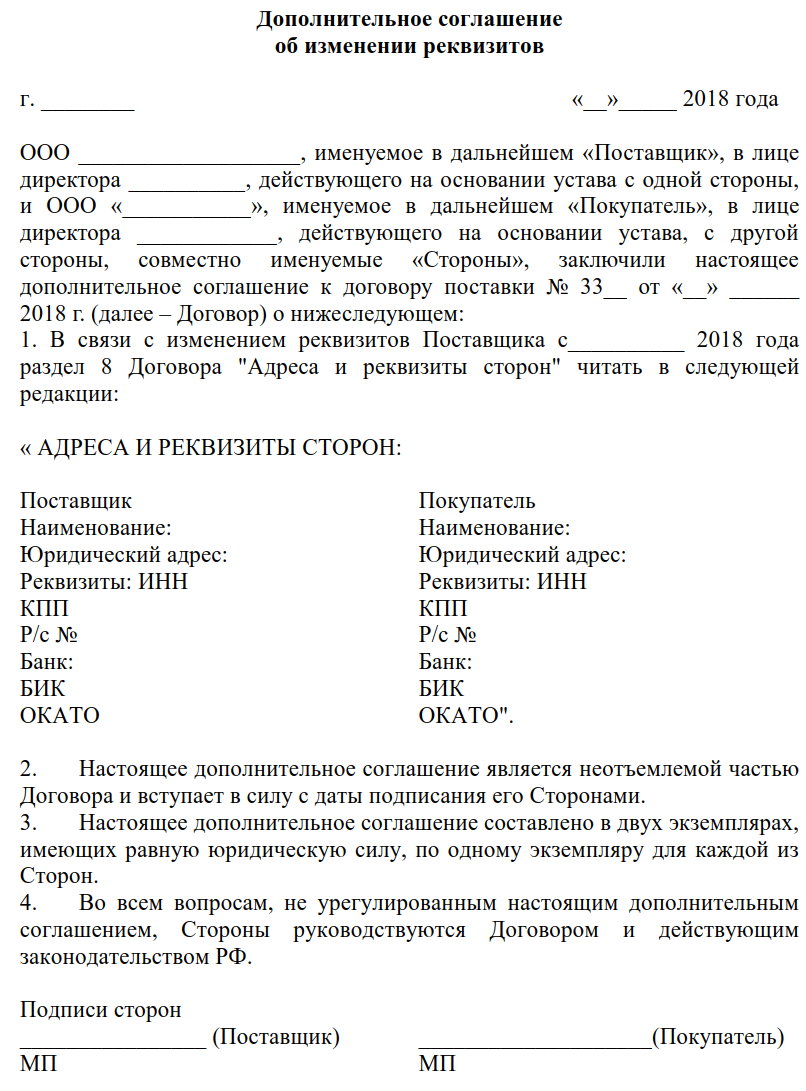

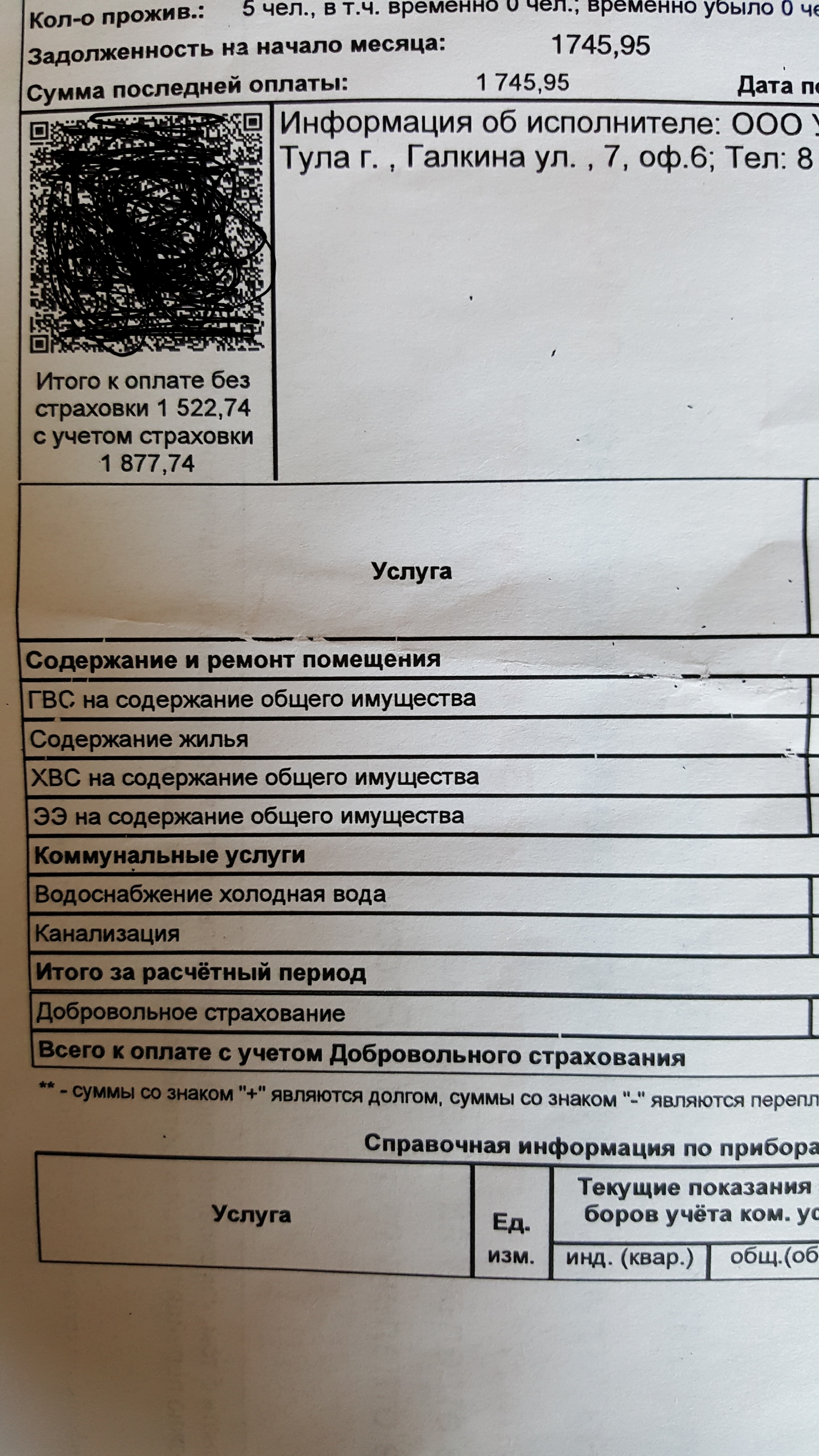

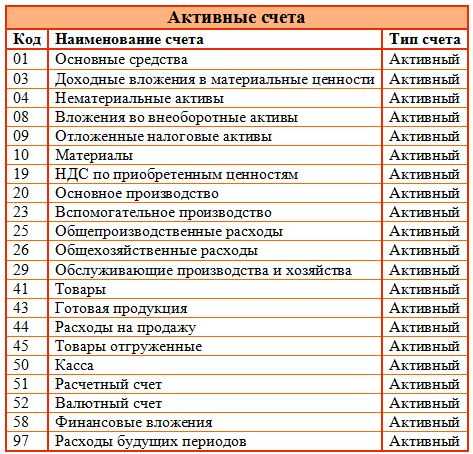
 1
1
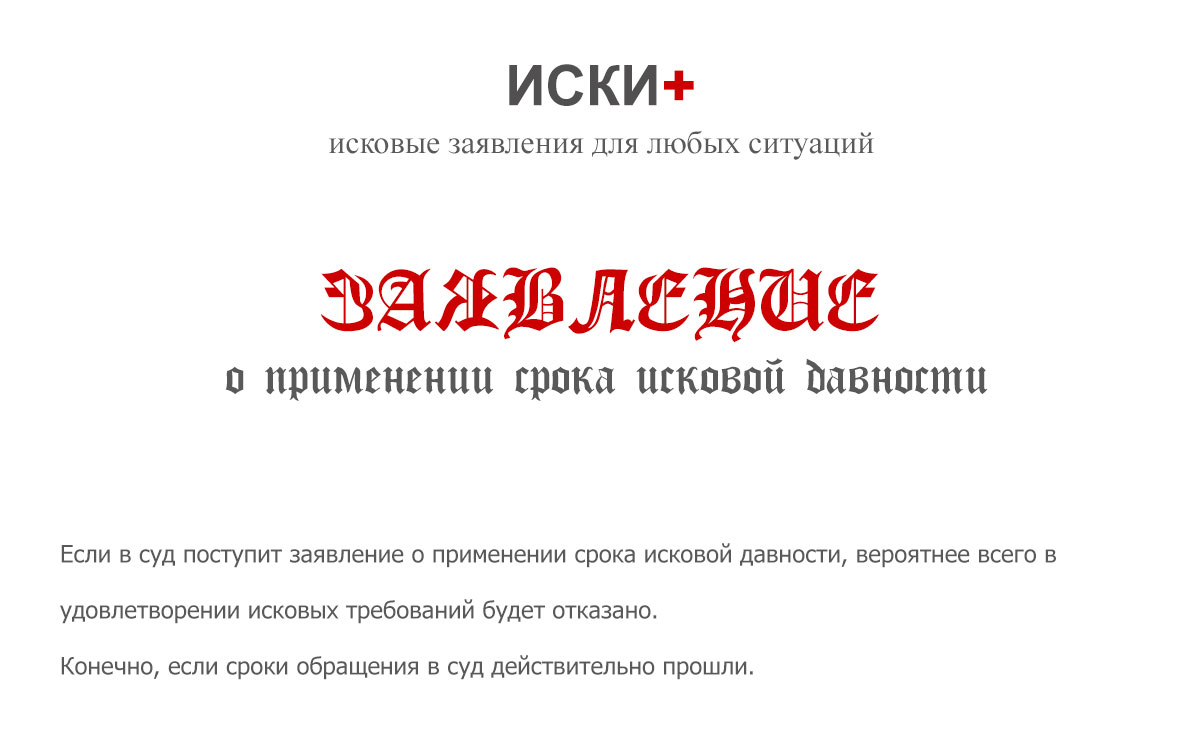





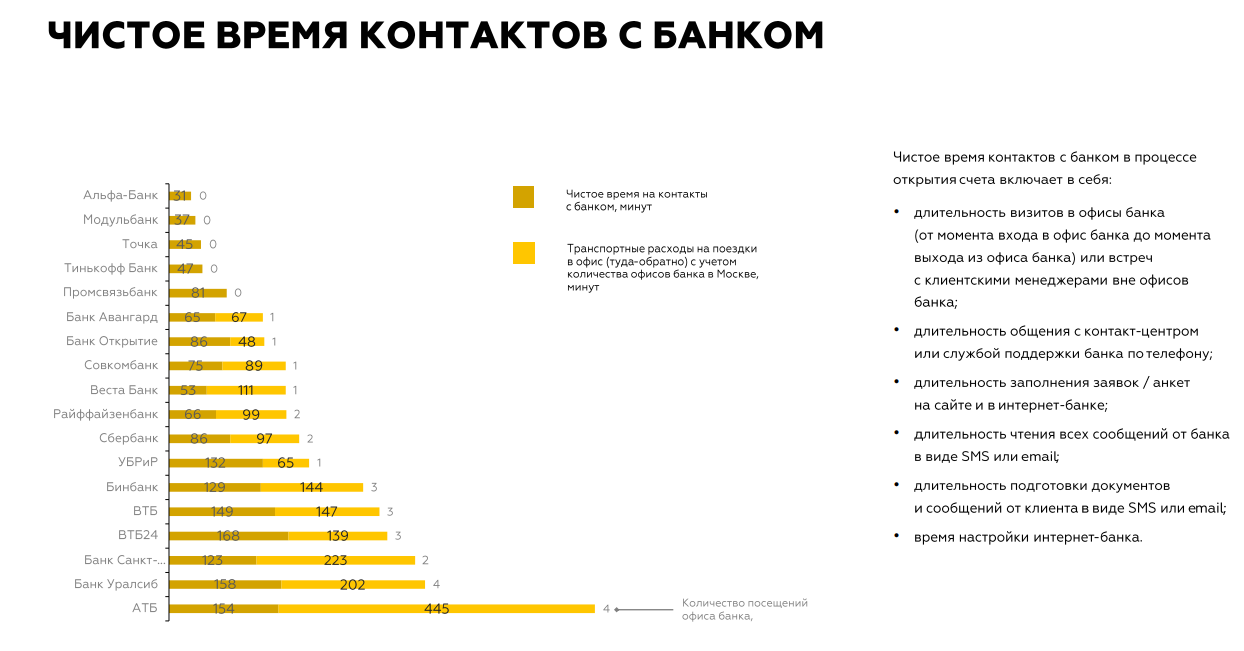


The question is interesting, I'll take part in the discussion, and together we can come to the right answer. I'm sure.
Thanks to the author for the good post, I've read it completely, I've learned a lot of interesting things for myself.
I think you're wrong, I'm sure I can stand my ground, write to me in PM, talk to me.